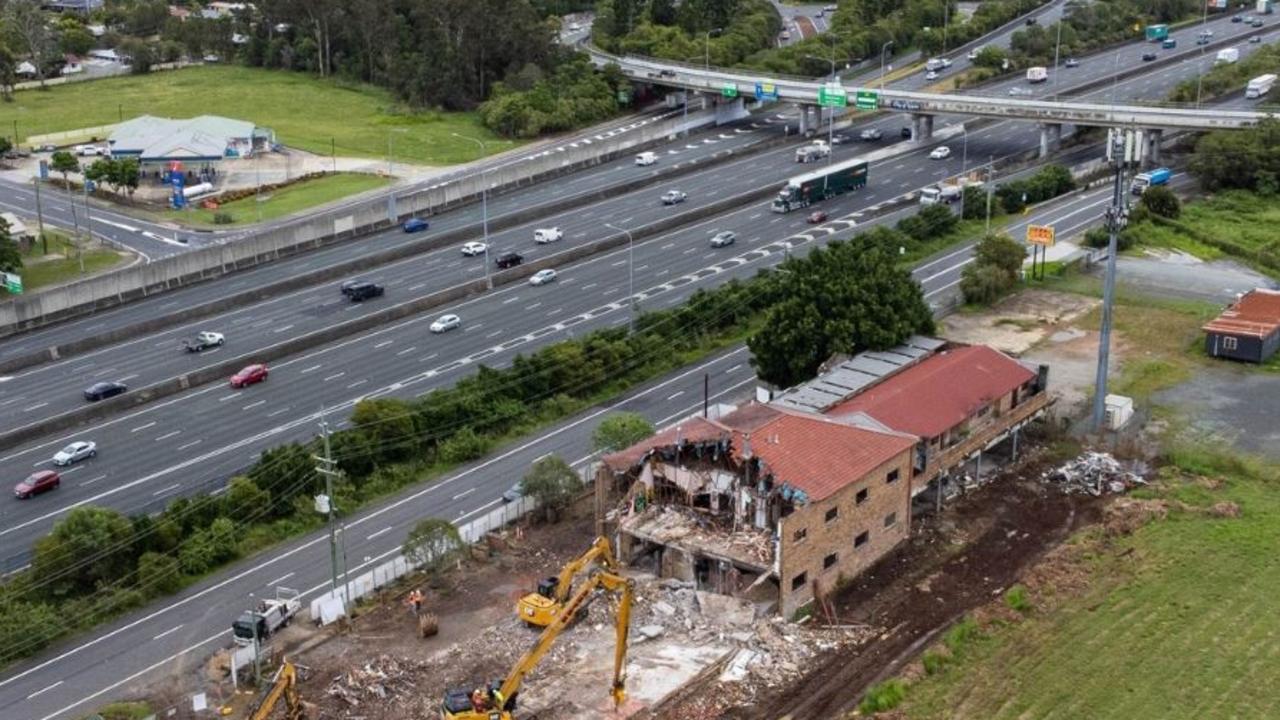Bayside residents to stay in mobile phone black spot hell after budget cuts
Thousands of southeast residents remain in mobile black spot hell after the government pulled the plug on a program designed to improve connectivity. SEE THE MAP.
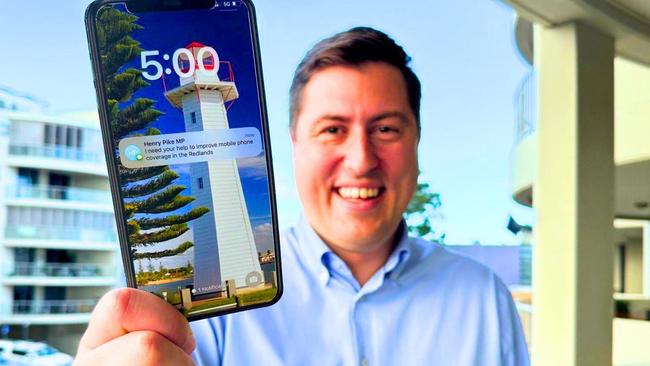
Local
Don't miss out on the headlines from Local. Followed categories will be added to My News.
Thousands of Bayside residents will remain in mobile phone black spot hell after the federal government announced it would be cutting funding to the program in this month’s federal budget.
Bowman MP Henry Pike said the budget funding cuts to the Mobile Black Spot Program would affect thousands of Bayside residents, including about 20,000 who had lodged 3500 complaints about poor signal strength, areas with no mobile reception and slow internet speeds.
A map highlighting where Redland residents experienced no or low mobile reception and slow internet speeds showed hot spots at Point Halloran, southern Redland Bay near Shoreline, Mount Cotton, along with southern parts of Russell, Coochiemudlo and Macleay Islands.
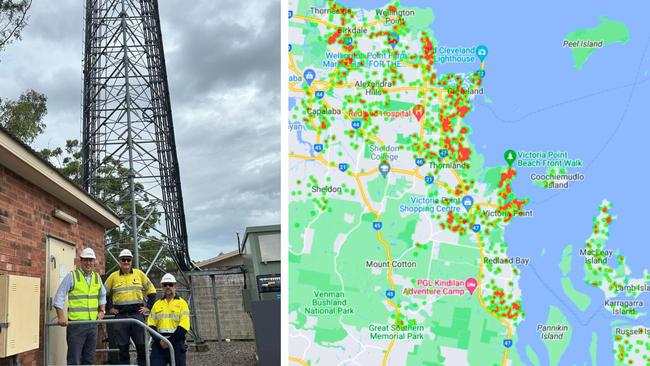
Mr Pike said coastal communities on the six bay islands had some of the worst reception in the country and he called for “at least” another five mobile telecommunication towers to be built.
“Cutting funding to this program is detrimental to thousands in Redlands who have no internet connection and this will just get worse,” he said
“The Budget clearly says that the federal government is ceasing the program which we had hoped would fund the needed upgrades for towers on the bay islands, where the reception is so bad in places that people cannot reach triple-0.
“In the January storms some people on the islands had no reception for days. Building communications networks on some parts of the coast is very difficult and poses unusual challenges.
“This low level of coverage would never be tolerated in suburbs outside Melbourne or Sydney – so why have these areas been neglected?”
Mr Pike said upgrading the mobile phone network would become more important in the next months as the 3G Network is phased out and turned off by July.
The 3G shutdown will affect 500,000 people still using older phones along with an estimated 200,000 medical and personal safety alarms for the elderly that will stop working after the switch off.
About 740,000 4G phones, particularly older ones and phones bought overseas, will not be able to call triple-0 after the 3G shutdown.
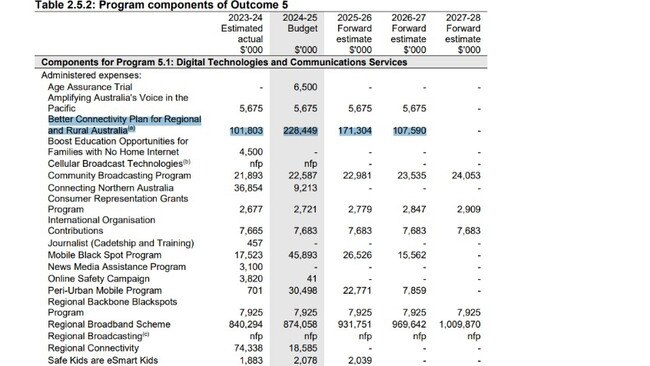
In its recent budget, the federal government allocated $228 million in 2024/25 under its Better Connectivity Plan, for improvements and mapping black spots during the switchoff.
Funding for the five-year Better Connectivity Plan drops to $107 million in 2026/27 with no funding listed for the program after that.
The Budget papers also revealed the government planned to cut back ongoing funding for two other key communications infrastructure programs for regional and rural areas.
The Budget papers revealed funding for the Mobile Black Spot Program would be $45.89 million this financial year before tapering off to $15.5 million in 2026-27 with funding “concluding” in 2027.
No funding was listed for the Better Connectivity Plan for Regional and Rural Australia and the Peri-Urban Mobile Program after 2026/2027.
Communications Minister Michelle Rowland denied funding for the Mobile Black Spot Program had been cut, despite last week’s Budget papers showing no funding after 2026.
“The Mobile Black Spot Program is an important program that continues to support regional, remote, and First Nations communities through co-funding new and improved mobile connectivity,” she said.
“The Program has not been cut, and we are delivering funding through our $1.1 billion Better Connectivity Plan.
“This is a separate appropriation line in the Budget Papers, to the funding of earlier rounds of the MBSP (Rounds 1 to 5A) and the government’s election commitment funding.”
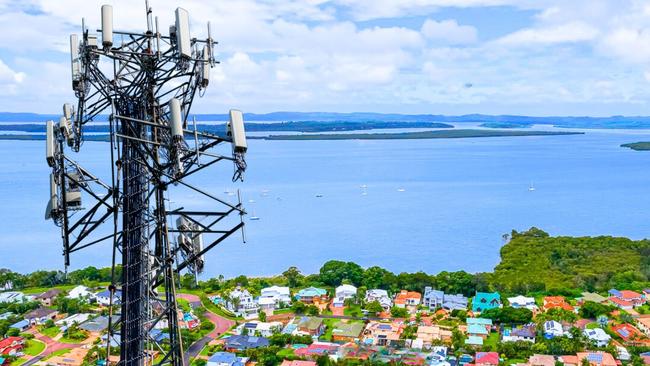
Mr Pike, who holds the LNP seat of Bowman with a 5.5 per cent margin, was speaking out after federal Auditor-General Rona Mellor released her damning report on the Mobile Phone Black Spot program on Wednesday.
The report found the program had been used for political purposes in the lead up to the 2022 federal election.
It said 74 per cent of the 54 locations chosen by Communications Minister Rowland were in Labor electorates, with 81 per cent in marginal electorates.
“One indicator of equitable treatment for officials to consider when assessing and awarding grants is the geographic and political distribution of grant funding,” the report said.
More Coverage
Originally published as Bayside residents to stay in mobile phone black spot hell after budget cuts





